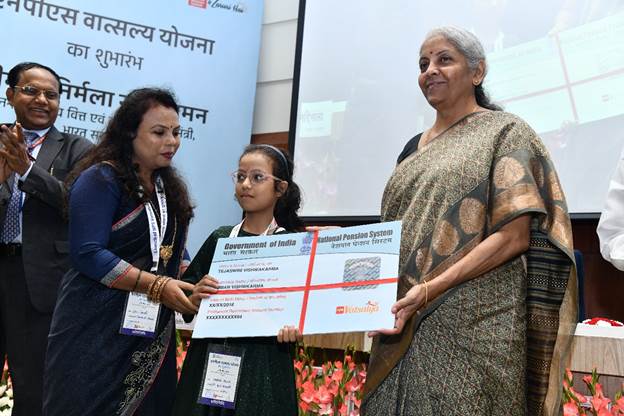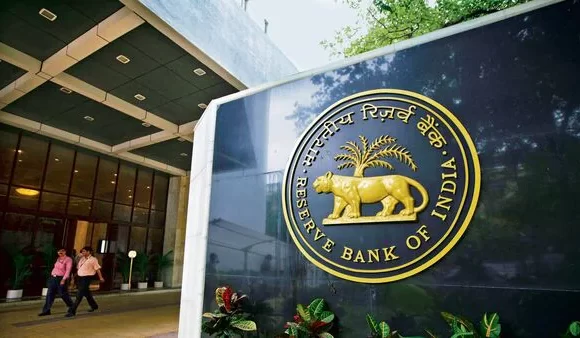
India to Restrict FDI in Sensitive Sectors to Safeguard National Interest
India will implement restrictions on Foreign Direct Investment (FDI) in specific sectors to safeguard national security, announced Finance Minister Nirmala Sitharaman during an interactive session at Wharton Business School, U.S., on October 22. Sitharaman emphasized that while India welcomes foreign investment, it must ensure that such investments align with the country’s national interests, especially due to India’s location in a highly sensitive region.
FDI and National Security Concerns
Sitharaman highlighted the need for a cautious approach to FDI, noting that India cannot accept foreign investments blindly. “We need investments, but we also need safeguards,” she said, referencing the country’s sensitive geopolitical position. The finance minister’s comments come ahead of a planned meeting between Indian Prime Minister Narendra Modi and Chinese Premier Xi Jinping during the BRICS Summit in Russia.
India has already increased security clearances on FDI from neighboring countries, a move initiated in 2020 to review investments from businesses based in specific nations. The finance minister emphasized the importance of understanding the ultimate beneficiary of investments, noting that the Securities and Exchange Board of India (SEBI) enforces disclosure standards to ensure transparency in this regard.
India’s Investment Goals and Growth
India’s FDI policies remain welcoming, with Sitharaman estimating that the country requires up to $100 billion in investments to achieve its desired growth targets. Currently, investment inflows stand between $70 and $80 billion. She reaffirmed that while the country seeks international investment, its primary focus is on maintaining security and self-reliance.
Sitharaman also outlined India’s development roadmap for 2047, with four key focus areas: infrastructure, investment, innovation, and inclusiveness. The government’s efforts to provide digital access to its citizens have been transformative, driving India’s rapid economic growth. According to the finance minister, inclusiveness remains a core value in all policy decisions, ensuring that no one is left behind.
Innovation and Future Growth
Innovation remains a crucial pillar of India’s development strategy. Sitharaman pointed out that India needs tailored, in-situ solutions to address its unique challenges, as importing solutions from other countries may prove ineffective or costly. The government is prioritizing research and development to foster homegrown innovations that meet India’s specific needs.
As India moves forward with its economic goals, maintaining a balance between welcoming foreign investments and ensuring national security will be critical. The finance minister reassured that the government is committed to fostering a secure and inclusive growth environment for all.


















